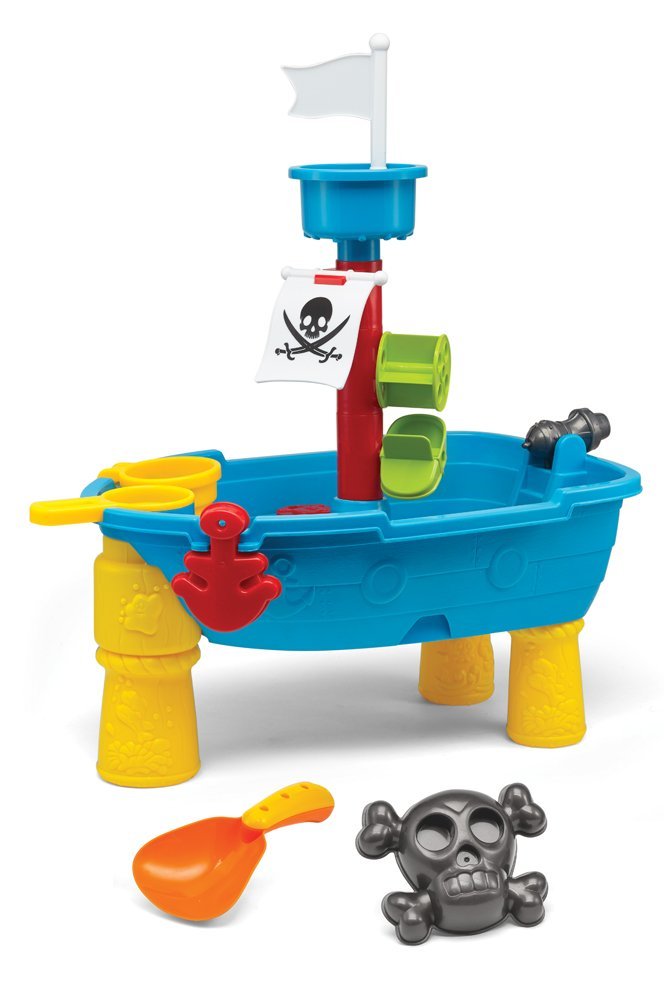

Future research could explore this issue in the long-term and investigate whether areas that have been overfished due to harmful practices might experience increasingly stubborn piracy problems. These findings suggest that anti-piracy solutions could extend beyond enforcement of anti-piracy laws and include efforts to address illegal or destructive fishing practices. In addition, piracy was associated with fragile governments, but not with coastal drought or population density. Greater incidence of piracy was also associated with illegal, unreported, and unregulated fishing. This correlation persisted even when accounting for conditions in neighboring coastal locations.


This investigation showed that pirate attacks occur more frequently in locations with higher levels of destructive fishing practices, such as high-bycatch fishing and fishing that destroys local habitats. Unlike many previous studies, the analysis accounted for increased likelihood of piracy in some locations due to proximity to areas already experiencing piracy. To fill this gap, the researchers divided the world's oceans into 1 degree-by-1 degree cells for a new, data-driven, spatial investigation into the influence of destructive and illegal fishing practices on piracy incidents that took place between 20. However, previous research has not adequately addressed the location-specific factors that influence piracy, leaving this hypothesis unresolved. In response, Desai and Shambaugh hypothesized, some fishers may turn to piracy to mitigate loss of income and protect against illegal foreign fishing fleets. Most of the world's fishers rely on small-scale fisheries that are vulnerable to destructive and illegal fishing practices. Raj Desai and George Shambaugh of Georgetown University in Washington, D.C., present these findings in the open-access journal PLOS ONE on February 24, 2021. view moreĪ new investigation of maritime piracy reveals that pirate attacks occur more frequently in locations where destructive and illegal fishing practices take place. Piracy incidents from the consolidated ASAM-GISIS database, overlaid with a 1° × 1° gridded-cell layer.


 0 kommentar(er)
0 kommentar(er)
